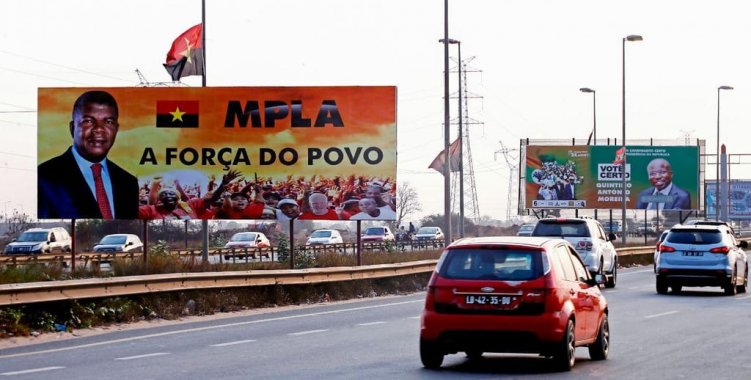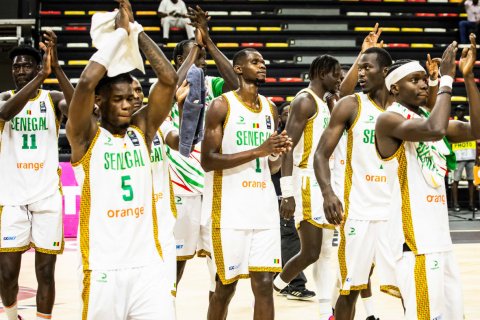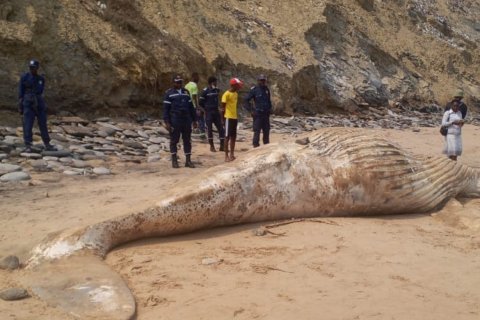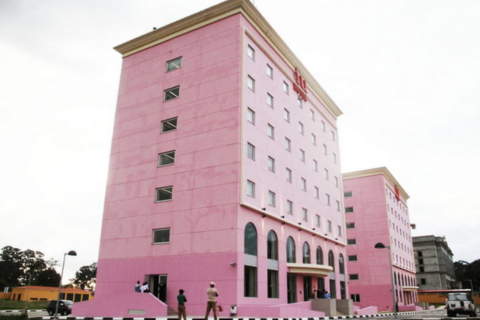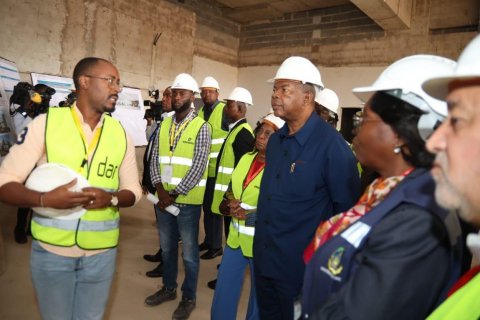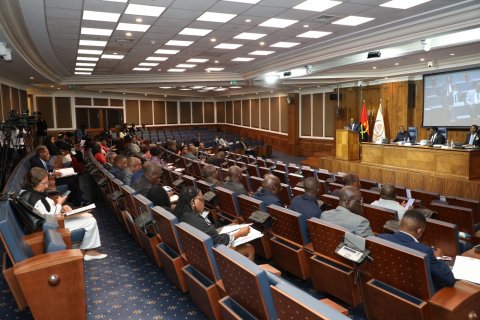According to Angolan political scientist David Sambongo, the demonstrations in Mozambique against the results of the October 9 general elections bring several lessons not only for citizens, but also for opposition parties and the Government.
"These are lessons that we can also learn for the opposition side. For our country, it was important that the Angolan political elite in power and in the opposition made a deep reflection in relation to what is happening in Mozambique", said this Wednesday the political scientist in an interview with Lusa.
The analyst understands that if, on the one hand, "there are a lot of euphoric youth, who are desperate and want to change the 'status quo'", the demonstrations called by presidential candidate Venâncio Mondlane are also "taking lives" and defended dialogue.
"There are people who are being killed in this fight, people who are being sacrificed", he stressed, remembering that Angola has already experienced 27 years of civil conflict and it was essential that the Angolan political elite – in light of the current reality in Mozambique – sought dialogue.
A dialogue that, for David Sambongo, would bring together all the country's political forces, aiming for an "intra-party agreement, in order to negotiate the eventuality of alternation in power".
"Politics is also a space for harmonizing interests, and if work is not started now so that these political elites lead the entire political process in our country, electoral suspicions will continue to exist", he said.
Sambongo recalled the recent disputes in parliament between the Popular Movement for the Liberation of Angola (MPLA) and the National Union for the Total Independence of Angola (UNITA) over the new composition of the National Electoral Commission (CNE) as a symptom of the lack of dialogue.
"We are seeing the fight going on over seats for electoral commissioners. The big problem we have in our country, and which could be exactly the same as in Mozambique, is not establishing fairness in the rules of the game, that is, we have to have an electoral law that satisfies everyone involved in this process, especially the competitors", he said.
He also considered that Eduardo Mondlane's "revolutionary and jovial streak" is completely challenging the Mozambican political structures and system, an attitude, he argued, that leads Angolan youth to compare it to the stance of Adalberto Costa Júnior (president of UNITA), "who did not have the same courage to defend electoral truth in 2022".
"If UNITA is not careful, if it does not increasingly seek to be more daring from the point of view of defending electoral truth, it could be overtaken by a force that could be ahead", pointed out David Sambongo.
Political analyst Agostinho Sicato said, in turn, that the situation in Mozambique "is worrying" and that Angolans are following it with apprehension and anxiety, wondering whether Frelimo can give in or find some "legal or political trick" to maintain itself in power.
He mentioned that the national demonstrations in Mozambique are lessons, "also for Angola, and a psychological preparation of opposition leaders and citizens".
"It sends a message that after all it is possible to move towards a peaceful, orderly demand, within the scope of the recommendations of the Constitution and laws", said Agostinho Sicato, admitting, however, that the Angolan regime would be "more forceful" in the same scenario to Mozambique.
The demonstrations, most of which were violent, left a trail of destruction in Mozambique, with deaths, injuries, arrests, destroyed infrastructure and looted commercial establishments.

